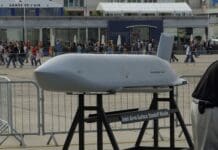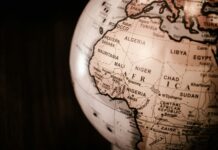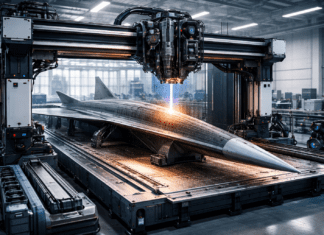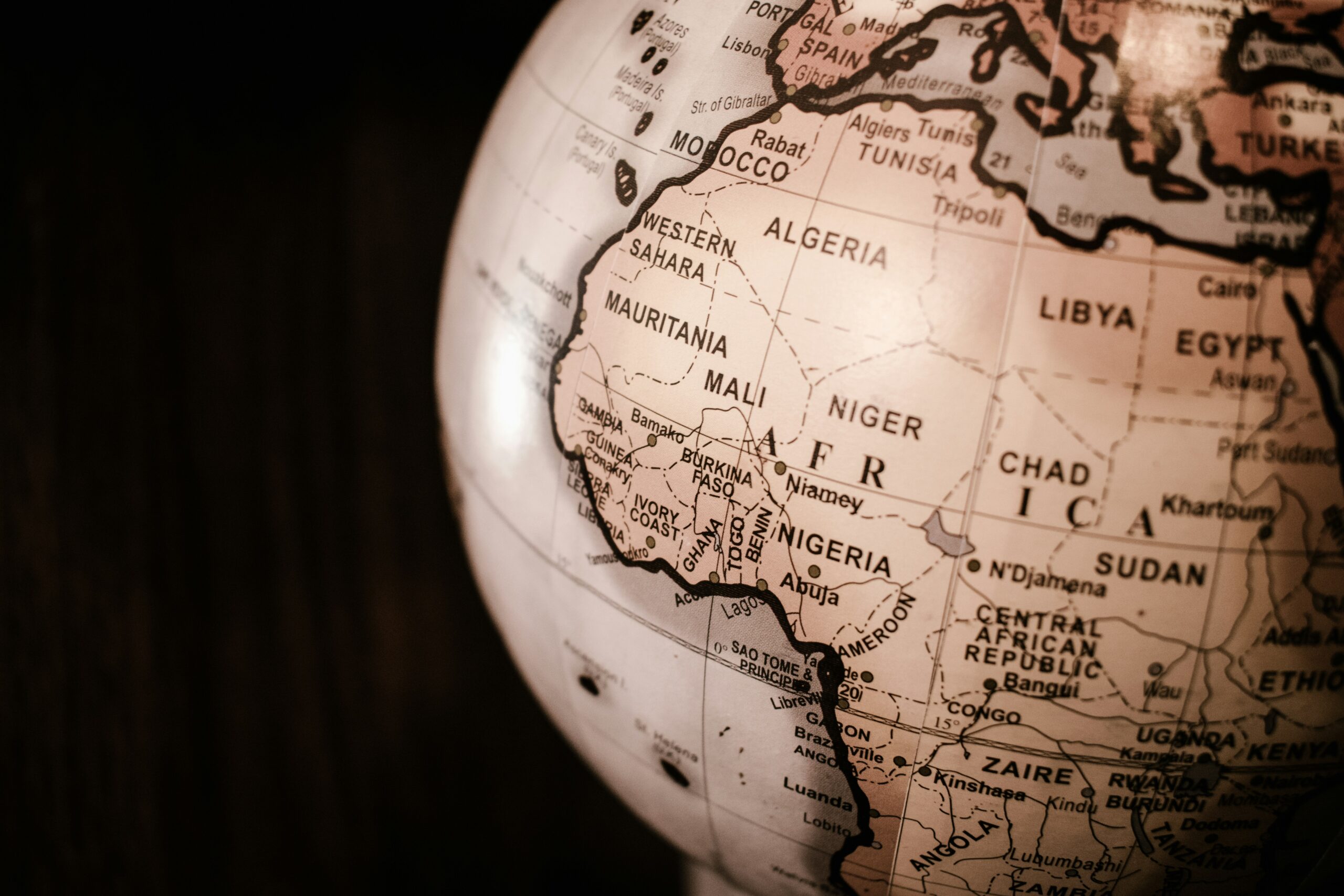This post is also available in:
 עברית (Hebrew)
עברית (Hebrew)

“The impending agreement with Iran is a historical fiasco. Iran will no longer feel any pressure – political, military or economic. It will spend the next three years arguing semantics, while at the same time it will advance its nuclear capabilities and become a true nuclear threshold state. From that point on Iran will be able to fully develop nuclear weapons whenever it chooses. A nuclear Iran is the number one global threat – Iran must be stopped.”
This according to Israeli Defense Minister Moshe Yaalon at the opening of the 7th INSS (Institute for National Security Studies) Annual Conference in Tel Aviv. Yaalon added that the world is totally ignoring Iranian long range ICBM development and the state’s involvement in practically every conflict around the world.
According to Yaalon the arbitrary Arab states created decades ago by the world superpowers are crumbling. Our area is now left chronically unstable. The West, Yaalon said, naively wants democracy and peace – and wants them now. “It just doesn’t work.” Yaalon said that the West must understand that some issues are more complex, requiring long-term solutions based on research, not naivety. Some of them just can’t be solved right now, especially while the Middle-East is burning.
According to Yaalon there are three main regional axes: The Shiite axis, led by Iran and supported by Hezbollah and Syria; the Sunni-Arab axis, led by Egypt, Jordan and Saudi Arabia and having close ties to the U.S.; and finally the smallest axis, Turkey and Katar.
As for the superpowers and their regional status: The U.S. is slowly withdrawing, but it’s still powerful and stands at the top, even relying less and less on Arab oil; Russia gains strength as the American presence decreases; China is still relying on Middle-Eastern oil and isn’t an important player in the region.
IHLS – Israel Homeland Security
Regarding the global Jihad, Yaalon said that so far they are busy attacking Arab regimes defined by them as infidels. In light of Syria, however, it’s clear that the Jihad is an enemy for every stable state in the world.
Israel, according to Yaalon, maintains a policy of non-involvement concerning Syria, a policy which is broken only when quality weapons are being transferred to hostile elements. Israel has so far aided the Syrians by supplying medical assistance, food and clothing to villages near the border fence, and evacuating casualties to hospitals inside Israel.
As for the Israeli-Palestinian conflict, the minister focused on education as the main problem. “As long as 3-year-olds are taught how to put on “suicide belts” there is no chance for peace,” he said. “Israeli is wrongfully delegitimized when there’s talk of colonialism and apartheid.”

Yaalon added that he supports a long process of normalization with the Palestinians, including stabilizing them politically and economically and changing their education system. According to him “the Prime Ministers runs things responsibly when he fights for the state’s interests. The IDF is the strongest fighting force in the region.”
In his opening address, Maj. Gen. (Res.) Amos Yadlim, INSS Director, said that according to assessments the Israelis and Palestinians won’t reach an agreement before the agreed-upon deadline this March. As for Iran, Yadlin said that there’s no indication that it will stop its nuclear program.
INSS experts recommended alternative methods – based on comprehensive strategic insights – in order to convince the world to deal with the Iranian nuclear threat and unite the world, Europe, the U.S. and the Sunni states over the Iranian issue and the Israeli-Palestinian conflict. “After an agreement,” added Yadlin, “Israel has to be even more secure than before it was signed – including the Jordan Valley, Israeli airspace, the Ben Gurion Airport, Israeli cyberspace and even Route 6.”


























